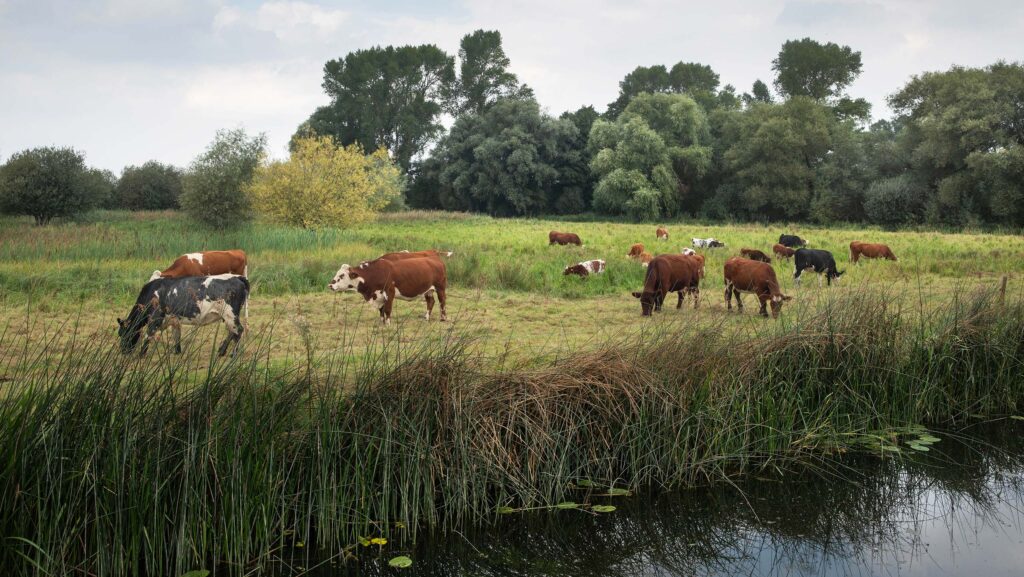Crown Estate reveals £20m boost for Rural Environment Fund
 © Tim Scrivener
© Tim Scrivener The Crown Estate has announced a £20m increase to its Rural Environment Fund to help tenant farmers meet its ambitious biodiversity targets, marking a significant step in its nature recovery approach.
The fund, which is double the previous allocation, aims to support farmers transitioning to sustainable farming models that balance food production with nature recovery.
This funding increase was revealed at a reception in the House of Lords, where Defra secretary Steve Reed addressed attendees.
See also: Analysis: Who owns Britain’s farmland?
The new measures are part of the Crown Estate’s updated approach to nature recovery, which includes biodiversity targets across its land and marine assets in England, Wales, and Northern Ireland.
One of the key targets is to repurpose 15% of farmland let on new tenancies to nature recovery by 2030, supported by the £20m fund.
The Rural Environment Fund will also assist farmers in creating habitats that promote biodiversity and help diversify income streams.
The Crown Estate has already made significant progress, planting 300km of hedgerows and 280ha of woodland since the fund’s inception.
Furthermore, its 15-year environmental Farm Business Tenancy, developed in collaboration with the Tenant Farmers Association (TFA), is designed to support both food production and nature recovery.
TFA approval
George Dunn, chief executive of the TFA, praised the Crown Estate for its “turnaround” after years of selling off agricultural land.
He commended the estate’s commitment to working with tenant farmers to secure resilient agricultural businesses and deliver natural capital benefits.
Mr Dunn also expressed hope that other landlords would follow suit in adopting similar partnerships.
The Crown Estate’s nature recovery goals are aligned with national and global biodiversity commitments, including the UK’s target to protect 30% of land and sea for nature by 2030.
Through its continuing efforts, the Crown Estate aims to play a pivotal role in advancing nature recovery while supporting farmers and rural communities.
